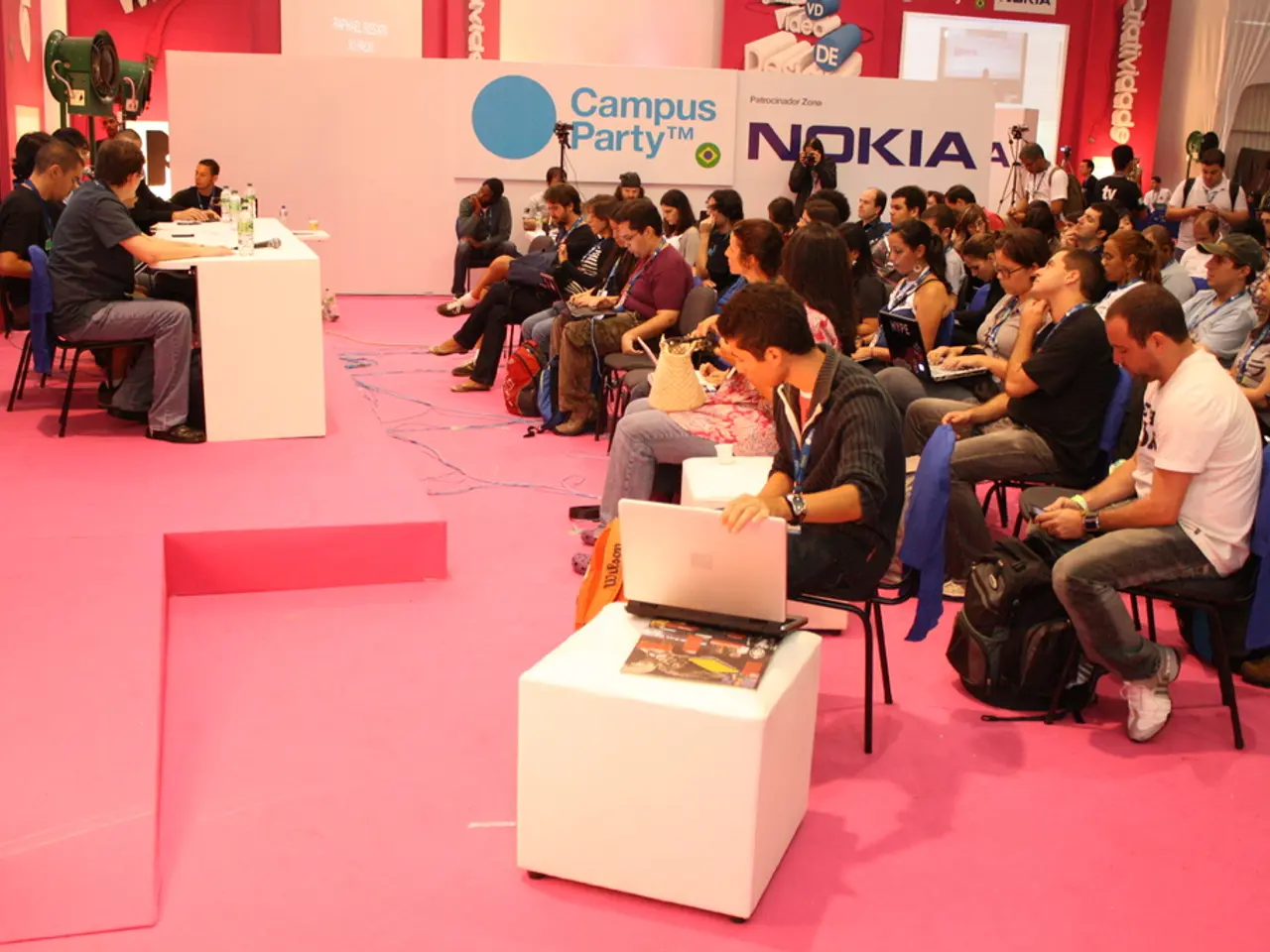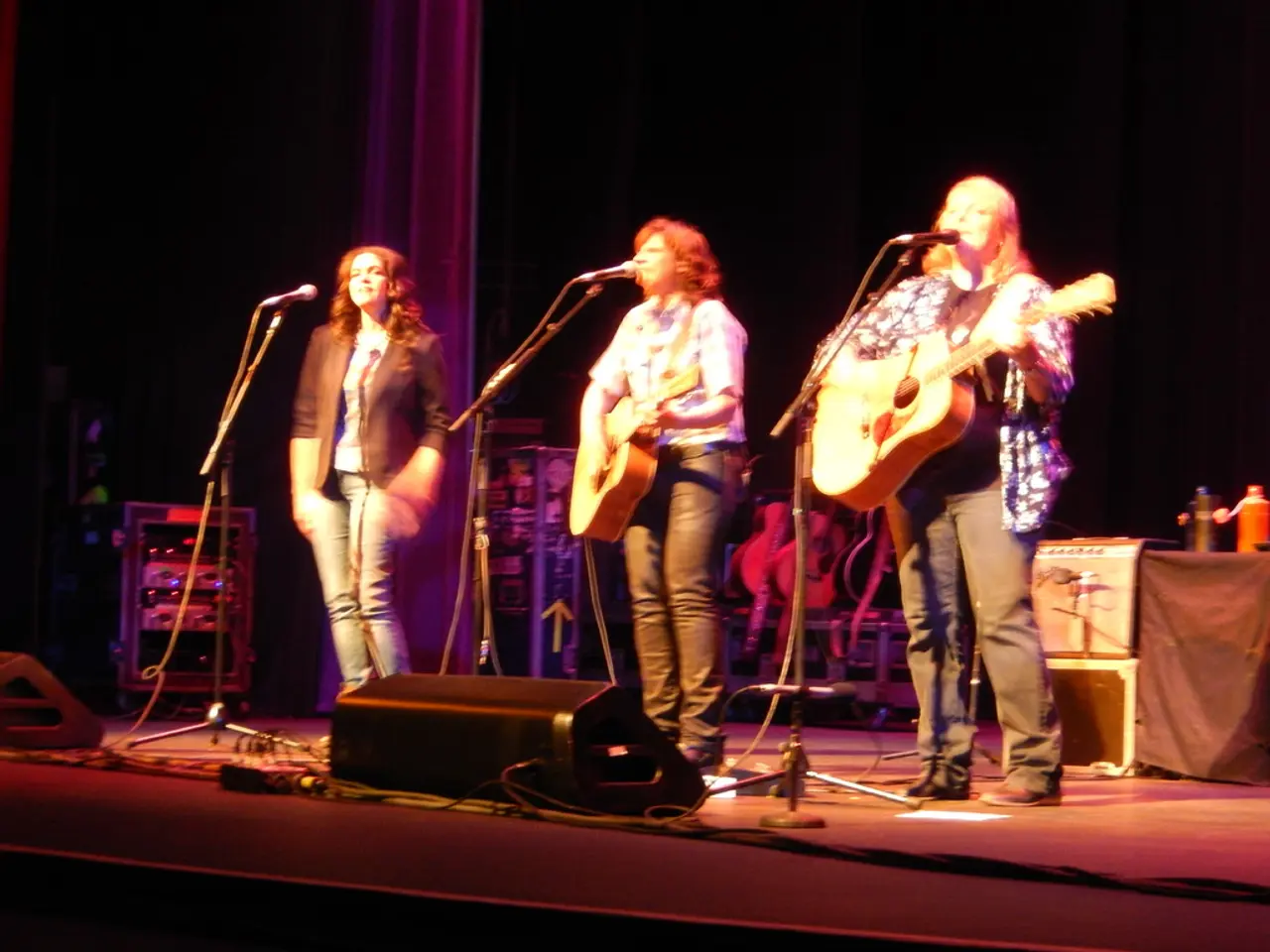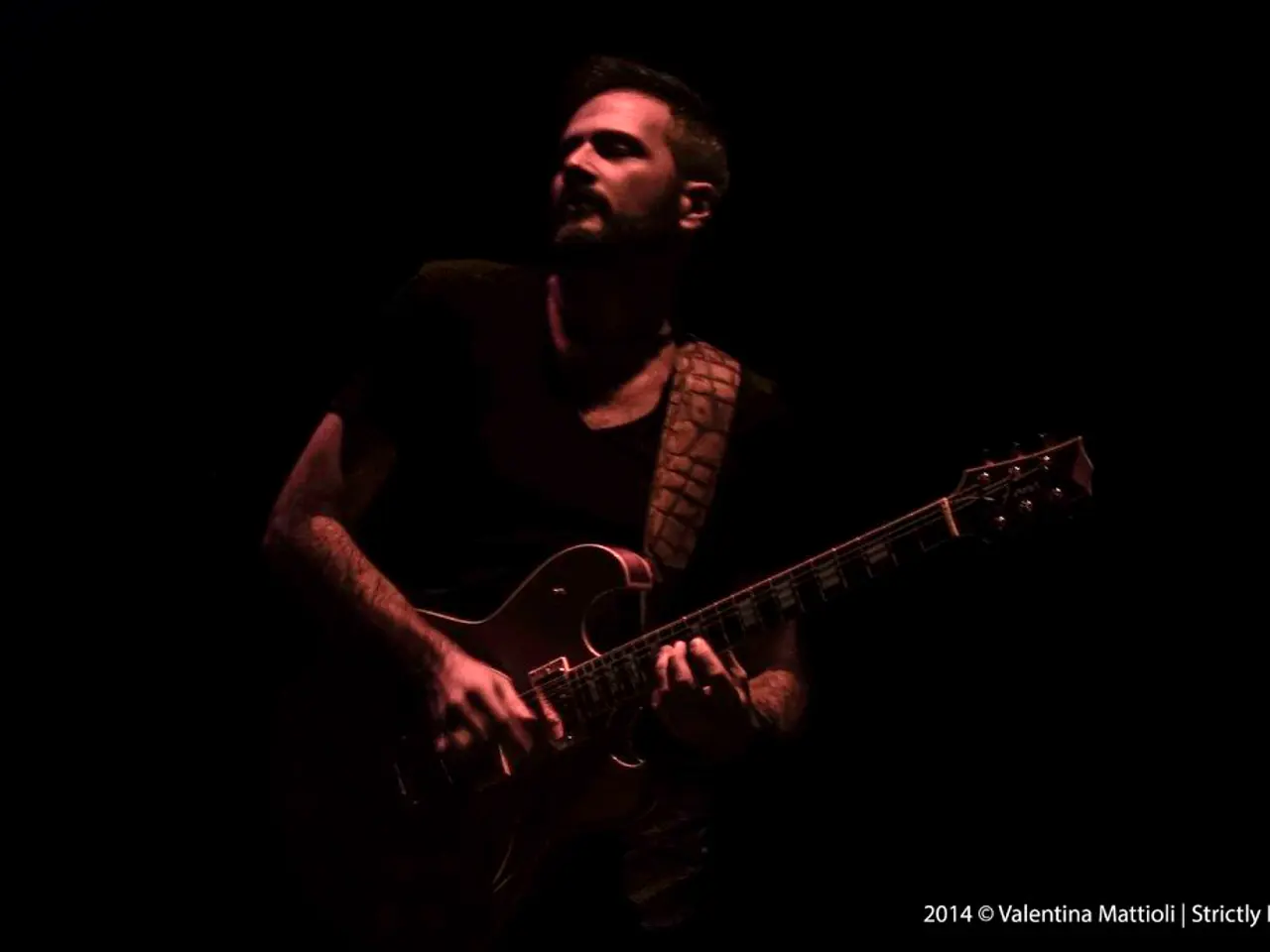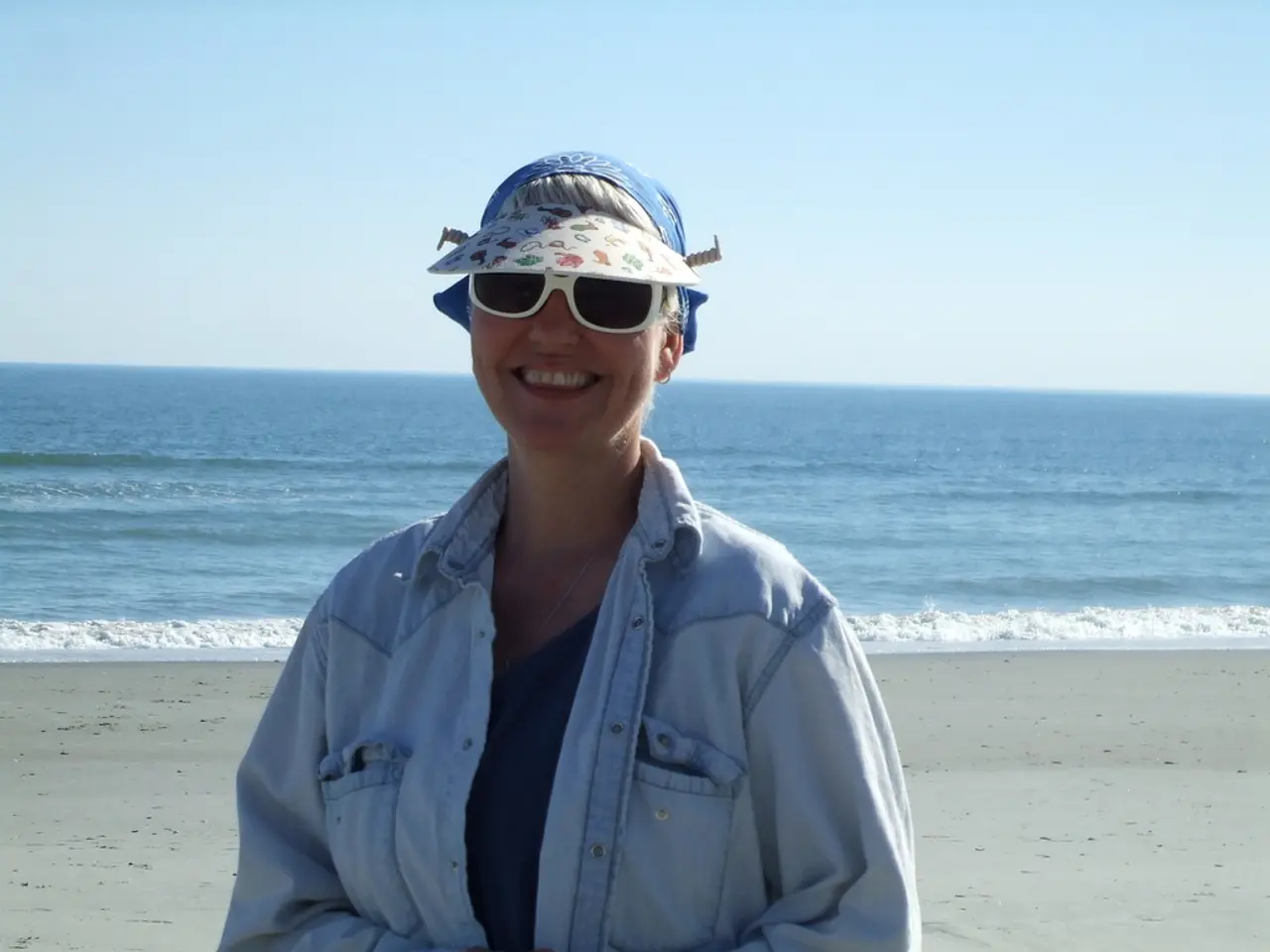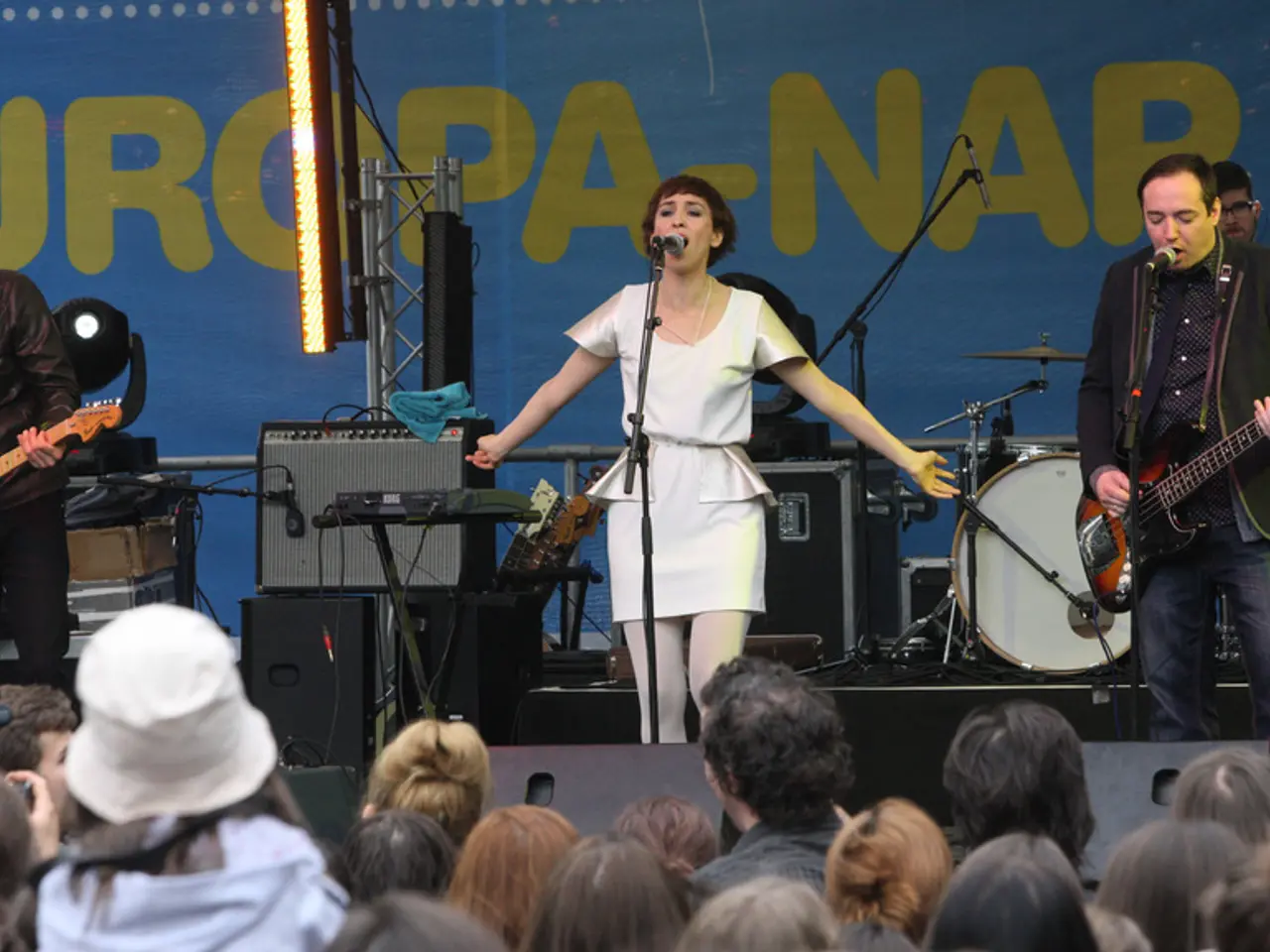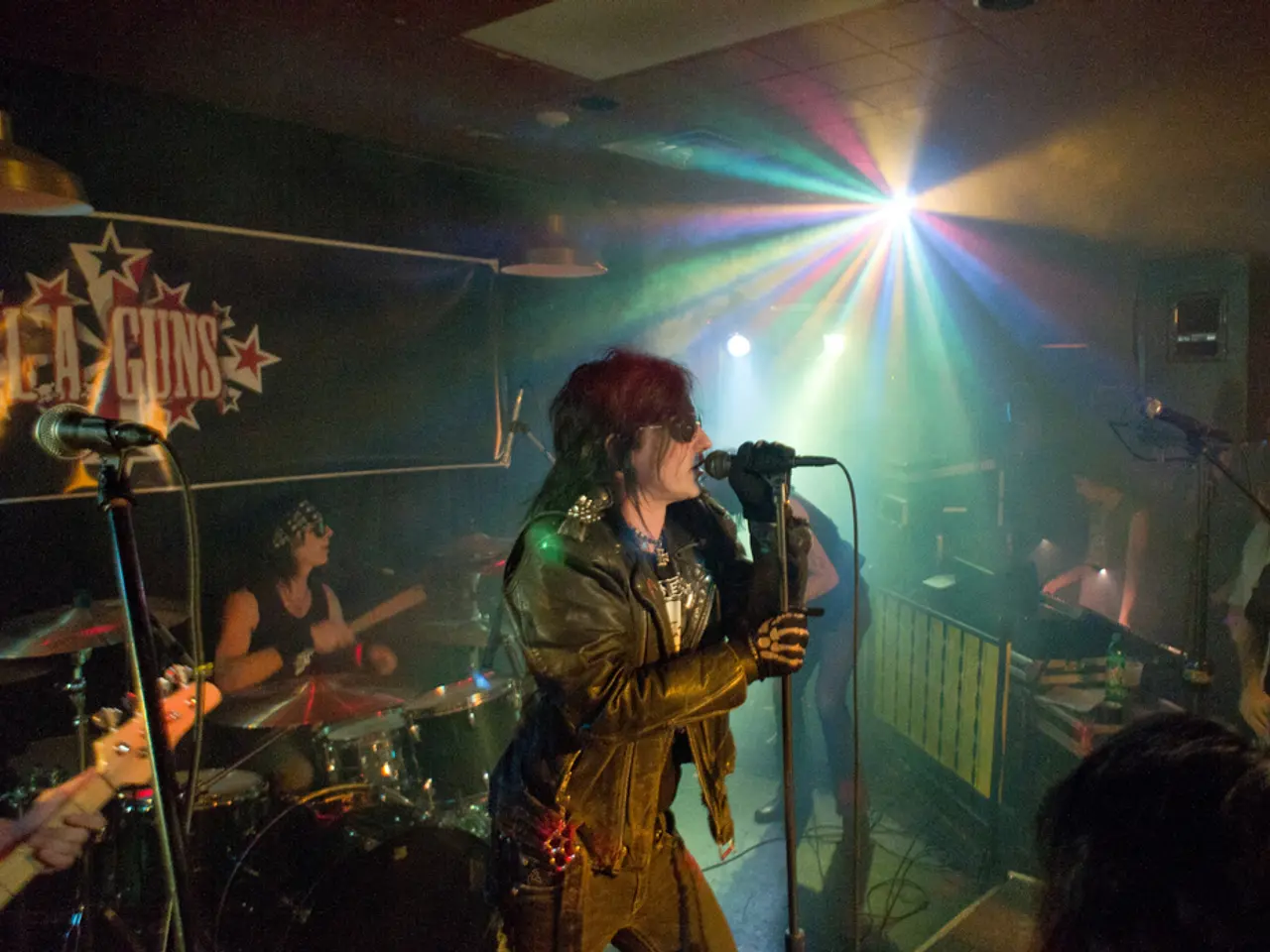Italy Extension of Invite to Pro-Kremlin Music Director Sparks Criticism from Navalny's Wife in Rome
Valery Gergiev, a renowned Russian conductor and personal friend of President Vladimir Putin, has found himself at the centre of a political storm in Italy. Gergiev has been invited to conduct a symphony concert on July 27 at the Reggia di Caserta, a move that has reignited a debate over the intersection of art, politics, and Russian influence in Europe.
Gergiev's longstanding, close relationship with Putin, which has seen him serve as a cultural ambassador for Russia, has been a subject of controversy, particularly since Russia's invasion of Ukraine in 2022. Gergiev's failure to condemn the invasion led to significant backlash from Western cultural institutions, with prominent venues such as Milan's La Scala, Carnegie Hall, the Vienna Philharmonic, and the Munich Philharmonic cutting ties with him.
The upcoming concert in Italy marks Gergiev's first major concert in Western Europe since the war began and has sparked fierce debate. Critics, including Yulia Navalnaya, the widow of Russian opposition leader Alexei Navalny, argue that hosting Gergiev helps normalize Putin's regime internationally and risks using culture as a vehicle for Kremlin propaganda. Navalnaya has called the concert a "test balloon" for boosting Putin's image in Europe and urged Italian authorities to cancel it.
Others, such as regional president Vincenzo De Luca, defend the concert as a matter of artistic freedom and as a means to keep dialogue open. De Luca, from the centre-left Democratic Party, has noted that an Israeli conductor is also on the programme for the concert, suggesting a diverse cultural event. However, members of the Democratic Party have called for the concert to be cancelled, with some labelling it as a form of "cultural genocide."
The concert is part of a programme of events promoted and paid for by the region of Campania, adding another layer to the controversy. Italian Culture Minister Alessandro Giuli has issued a statement warning that the concert "risks sending the wrong message" and could transform into a platform for Russian propaganda. Russian authorities are said to be praising the concert, according to Navalnaya.
Gergiev's ties to Putin and his actions during Russia's invasion of Ukraine have been under scrutiny. He conducted a concert in the ruins of Syria's Palmyra after Moscow's intervention in the country on the side of dictator Bashar al-Assad in 2016. Navalnaya accuses Gergiev of implementing Russia's soft power policy and normalizing the war and Putin's regime. Peter Gelb, general manager of New York's Metropolitan Opera, has described Gergiev as "an artistic stand-in for Putin."
The controversy extends beyond Italy, with cultural figures outside the country also calling for the Caserta concert to be cancelled. The Anti-Corruption Foundation led by Alexei Navalny has also voiced its opposition. However, Gergiev's supporters argue that he should be treated as a great artist, separate from the political climate. Vincenzo De Luca has repeated his position, condemning Putin's actions in Ukraine but saying that refusing to engage in dialogue "only serves to fuel the rivers of hatred."
In conclusion, Gergiev's upcoming concert in Italy has reignited a debate over the intersection of art, politics, and Russian influence in Europe. His unwavering support for Putin and refusal to address the Ukraine war have made him a polarizing figure, with critics seeing his performances as tools of Kremlin soft power, while supporters frame the issue as one of artistic liberty and separation of culture from geopolitics. The decision to proceed with the concert will likely have significant implications for Italy's stance on Russian cultural influence in the region.
- The Italian concert, featuring renowned Russian conductor Valery Gergiev, who is a personal friend of President Vladimir Putin, has sparked a debate over the intersection of Russian culture and politics in Europe.
- Gergiev's association with Putin, especially in the wake of Russia's invasion of Ukraine in 2022, has been a subject of controversy, with Western cultural institutions cutting ties with him.
- Besides Italy, cultural figures outside the country have also voiced their opposition to Gergiev's upcoming symphony concert, citing concerns about Russian soft power and normality of Putin's regime.
- The concert, part of a programme of events promoted and paid for by the region of Campania, has been criticized for potentially becoming a platform for Russian propaganda, a charge that Russian authorities have reportedly endorsed according to Yulia Navalnaya.
